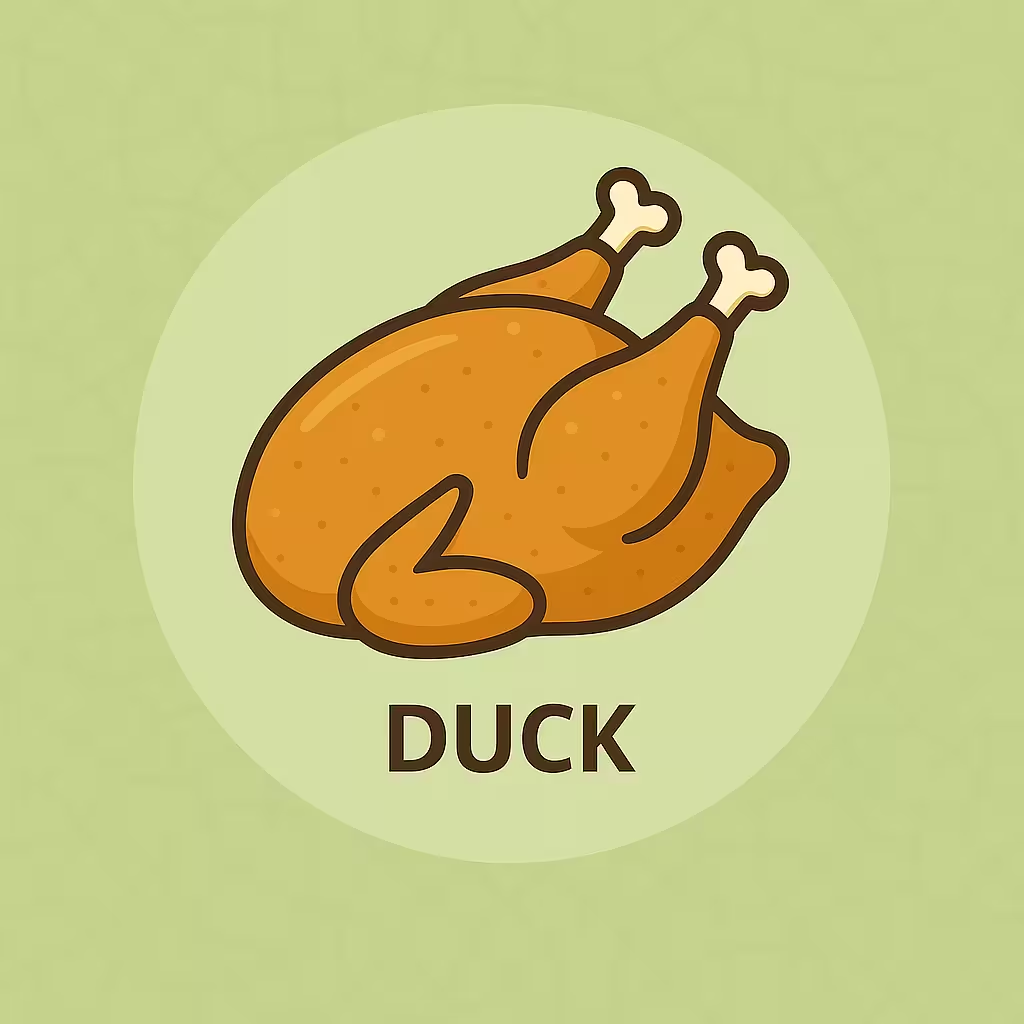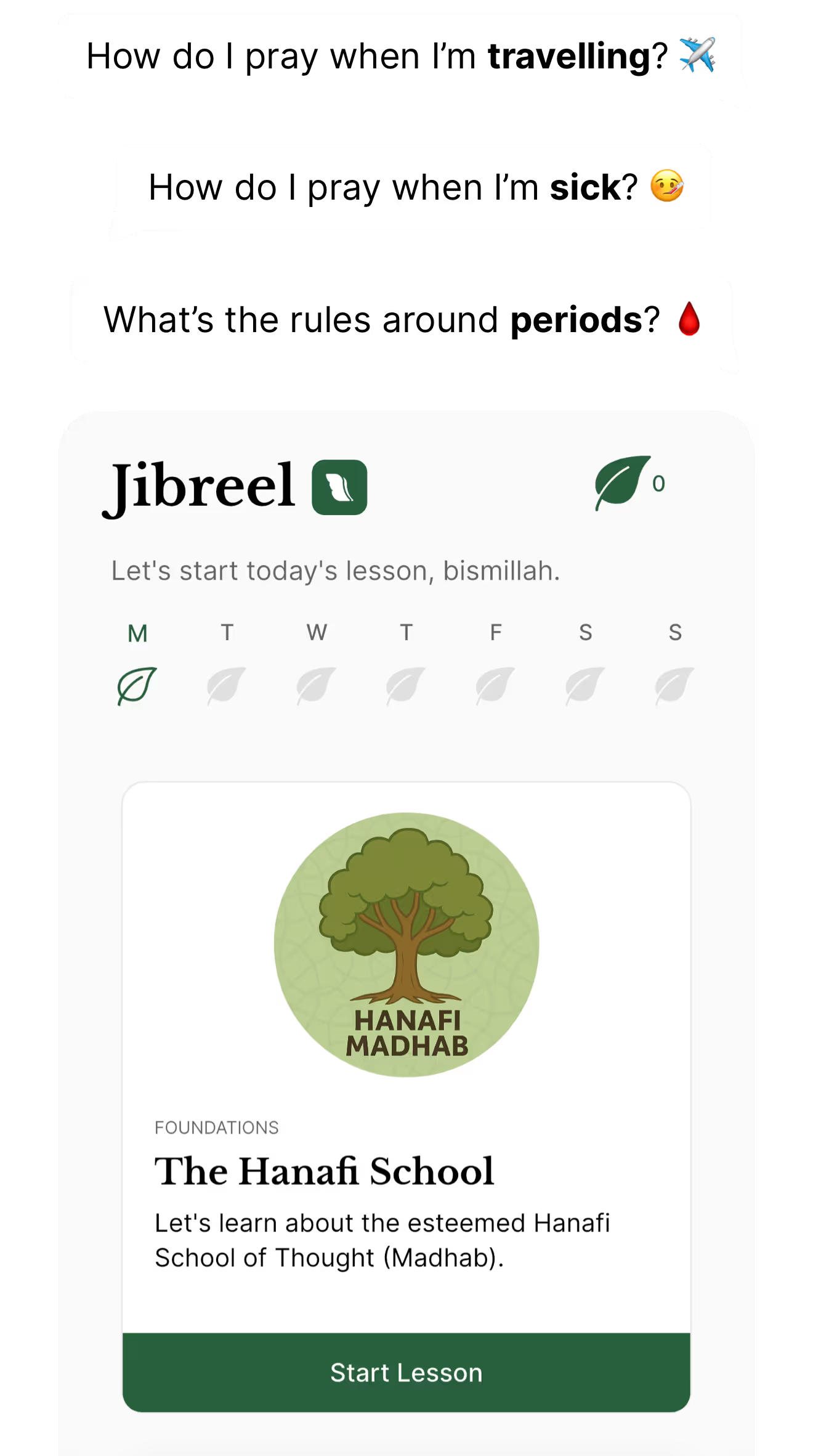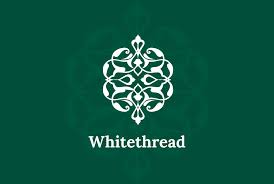Is Duck Halal? The Hanafi Ruling Explained
Is duck meat halal to eat in Islam, especially according to the Hanafi school of thought? Yes – for Muslims following the Hanafi madhhab (school of law), duck is considered halal (permissible) to consume. Despite some misconceptions (such as the idea that any animal with webbed feet might be haram), the ruling in Hanafi fiqh is clear: ducks are not classified as predatory birds, and thus their meat is halalislamqa.org. In fact, Islamic scholars historically agreed that domestic birds like ducks are permissible to eat. This article will explain why duck is halal in the Hanafi school, citing evidence from the Quran, Hadith (Prophetic teachings), and classical Hanafi texts. The information is presented in a beginner-friendly way for the general Muslim reader, while remaining respectful and based on authoritative sources.
Understanding Halal and Haram in Islam (Hanafi Overview)
In Islam, halal means permissible or lawful, and haram means forbidden. The Quran and Hadith outline general guidelines for what foods are halal or haram. For example, the Quran explicitly forbids consuming pork, blood, carrion, and animals slaughtered in the name of other than Allah (Quran 5:3). Beyond these, Islamic jurists have deduced rulings for various animals. Each of the four Sunni schools (Hanafi, Shafi’i, Maliki, Hanbali) has principles for determining an animal’s permissibilityseekersguidance.org. Here we focus on the Hanafi principles to understand why duck meat is considered halal.
According to Hanafi jurisprudence, all land animals and birds are halal by default except those specifically deemed haram due to clear evidenceseekersguidance.orgseekersguidance.org. Classical Hanafi texts like al-Fatawa al-Hindiyya and Bada’i al-Sana’i list general rules: carnivorous beasts and birds of prey are forbidden, whereas herbivorous animals and non-predatory birds are allowedseekersguidance.orgseekersguidance.org. In other words, Hanafis evaluate birds based on their feeding and hunting behavior. Let’s see how this applies to ducks in particular.
Why Duck Is Halal in the Hanafi School of Thought
In the Hanafi school, the key criterion for birds is whether they hunt prey with their talons (claws). Any bird that hunts other animals with its claws is considered a bird of prey and is haram (impermissible) to eatseekersguidance.orgseekersguidance.org. This ruling is based on a well-known hadith of the Prophet Muhammad ﷺ, in which “he forbade the eating of all beasts with fangs and all birds with talons”seekersguidance.org. Predatory birds like eagles, hawks, falcons, and kites fall into this prohibited categoryseekersguidance.org.
By contrast, birds that do not hunt with claws and instead eat grains or vegetation are considered halal in Hanafi fiqhseekersguidance.org. Ducks clearly belong to this halal category. Ducks are waterfowl that mostly graze on plants, seeds, and small aquatic creatures, and they do not use talons to catch prey. In fact, ducks have webbed feet, not sharp talons, which means they are not equipped as hunters. As one contemporary fatwa explains succinctly: “Ducks are halal. The principle… is whether birds hunt with their claws or not… Ducks are not birds of prey.”islamqa.org.
Because a duck does not prey on other animals using claws, it is not deemed a predatory bird at all. Instead, it is akin to chickens, geese, pigeons, and other domestic birds, which are all halal to eat according to the Hanafi schoolseekersguidance.org. This principle is backed by scholarly consensus: classical Hanafi authorities explicitly state that tame birds like the chicken, duck, and goose are halal by ijma (consensus of the Muslim scholars)islamanswers.co.uk. Imam al-Samarqandi in Tuhfat al-Fuqaha’ and Imam al-Kasani in Bada’i al-Sana’i both mention that any bird without talons – including ducks – is permissible to consumeislamanswers.co.ukislamanswers.co.uk. There is no text in Quran or Hadith that forbids eating duck; on the contrary, the only birds prohibited by prophetic hadith are those of prey with clawsseekersguidance.org – a category that does not include the duck.
To summarize, Hanafi scholars consider duck meat halal due to several reasons:
- Not a bird of prey: Ducks do not hunt with talons or fangs, so they are not classified as predatory birds (which are haram)islamqa.org.
- Plant-based diet: Ducks primarily eat plants, seeds, and small non-flesh items; they aren’t carnivorous hunters, aligning with the Hanafi criteria for halal birdsseekersguidance.org.
- No explicit prohibition: Neither the Quran nor authentic Hadith forbids duck specifically. The hadith only forbids predators (birds with talons)seekersguidance.org, which doesn’t apply to ducks.
- Classical consensus: Early Hanafi jurists recorded a consensus that domesticated birds like duck are permissible to eat, reflecting an agreed-upon ruling in Islamislamanswers.co.uk.
Each of the points above reinforces that, within Hanafi Islamic law, duck is halal to eat. In fact, this permissibility is not unique to Hanafis – scholars of other Sunni schools also generally accept duck as halal (there is no major disagreement on this). The emphasis here is simply to clarify the Hanafi stance, since some followers of the Hanafi madhhab might mistakenly think duck is prohibited.
Addressing Common Misconceptions about Eating Duck
It’s important to clear up a few misconceptions that sometimes cause confusion about the halal status of duck:
- “Ducks have webbed feet, so are they haram?” – This is a misconception. There is no Islamic rule that says an animal with webbed feet is haram. The webbed feet of a duck have nothing to do with its permissibility. In fact, as mentioned, Islamic criteria focus on whether a bird has talons for hunting – not the presence of webbed feet. If anything, having webbed feet (instead of sharp claws) further indicates that ducks are not predators, which supports their permissibility rather than negates itislamanswers.co.uk. So, the trait of webbed feet is not a valid reason to consider duck meat haram.
- “Ducks live in water, and Hanafis only allow fish from water.” – This is a confusion between categories. It is true that Hanafi fiqh limits seafood largely to fish. Creatures born and living entirely in water (like shellfish, crabs, etc.) are generally not halal in the Hanafi view except for fishseekersguidance.org. However, a duck is a bird, not a marine animal – it doesn’t live exclusively in water. Ducks spend time on water and land, but they breathe air and are classified as birds (just like chickens or geese). Therefore, they are treated as terrestrial animals that require proper slaughter. The Hanafi restriction on non-fish seafood simply does not apply to birds such as duck. A duck must be slaughtered (zabiha) in the halal way (by cutting its throat vessels) just like any chicken or turkey would be, after which its meat is halal to eat. In summary, ducks are not “sea animals,” so the Hanafi stance on seafood is irrelevant to them.
- “Are there any conditions that could make duck meat disliked or haram?” – Generally, duck meat is halal and wholesome. There is no special condition on ducks beyond the normal rules for any halal animal. As with all permissible animals, the duck should be slaughtered according to Islamic law for the meat to be lawful. One general note from the jurists: if any normally halal animal (like a duck or chicken) is fed mostly impure filth such that its flesh develops a foul odor, consuming it becomes makruh (disliked)seekersguidance.org. This is a rare scenario and can be resolved by feeding the animal clean feed for a few days before slaughter. Under normal circumstances, this is not an issue with commercially or farm-raised ducks. So, as long as the duck is raised and slaughtered properly, its meat remains halal and tayyib (pure/good).
Conclusion: Duck Is Halal in Hanafi Islam
In conclusion, the Hanafi position is that duck is absolutely halal to eat, without any doubt or hesitation. This ruling is rooted in the Quran and Hadith-based criteria that prohibit only impure and predatory creatures, not birds like the duck that live on grains and water plants. We’ve seen that the Prophet ﷺ forbade eating birds of prey (those with talons), and by contrast allowed non-predatory birdsseekersguidance.orgseekersguidance.org. Classical Hanafi scholars unanimously listed the duck among halal animalsseekersguidance.orgseekersguidance.org, and this view is backed by a consensus of the broader Muslim scholarshipislamanswers.co.uk. Any modern myths—such as concerns about webbed feet—have no basis in the Shariah.
For a Muslim concerned about following halal dietary laws, you can enjoy duck meat (e.g. duck curry or roast duck) with confidence that it is permissible, provided it has been slaughtered in the proper Islamic manner. The rich tradition of Islamic jurisprudence, particularly the Hanafi school, provides clarity that duck is halal. With this understanding, one can dispel doubts and appreciate the wisdom that Islam’s dietary guidelines are based on clear principles and evidence.
And Allah knows best.









